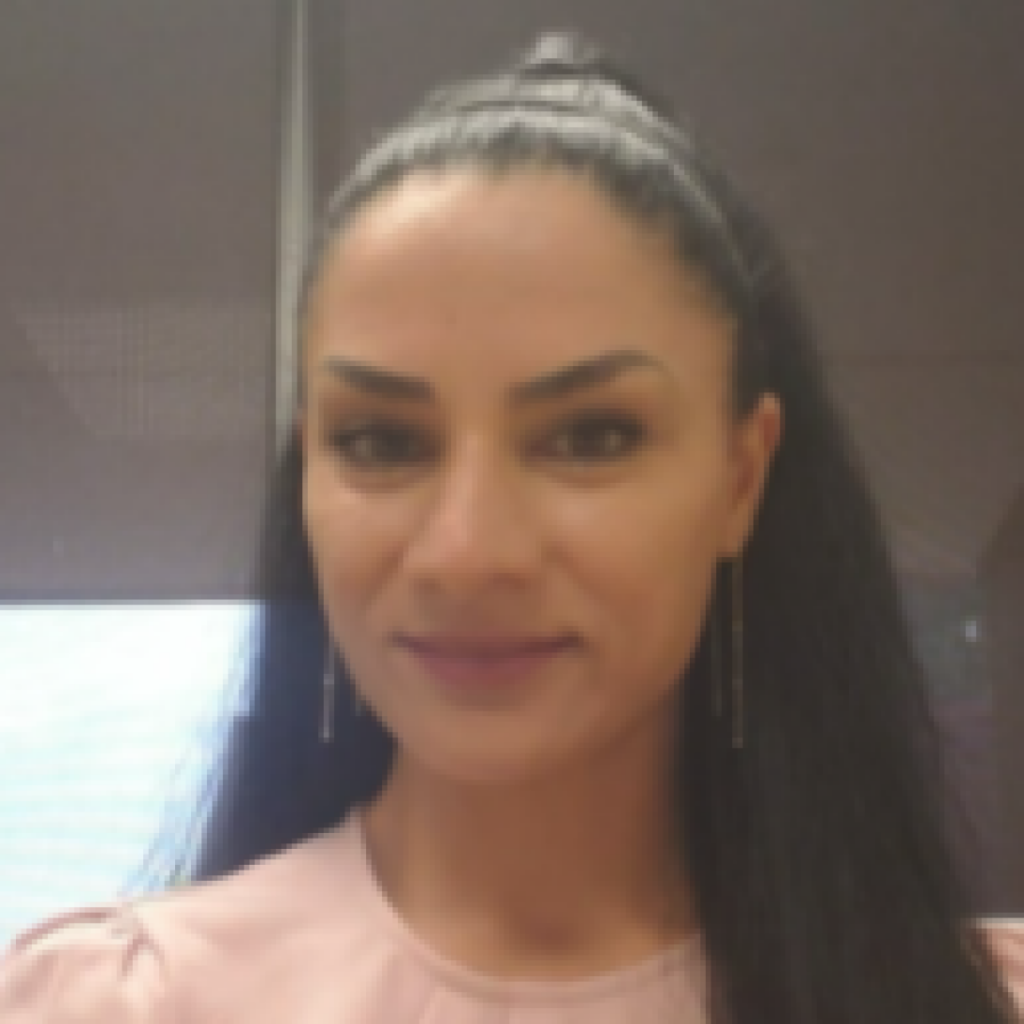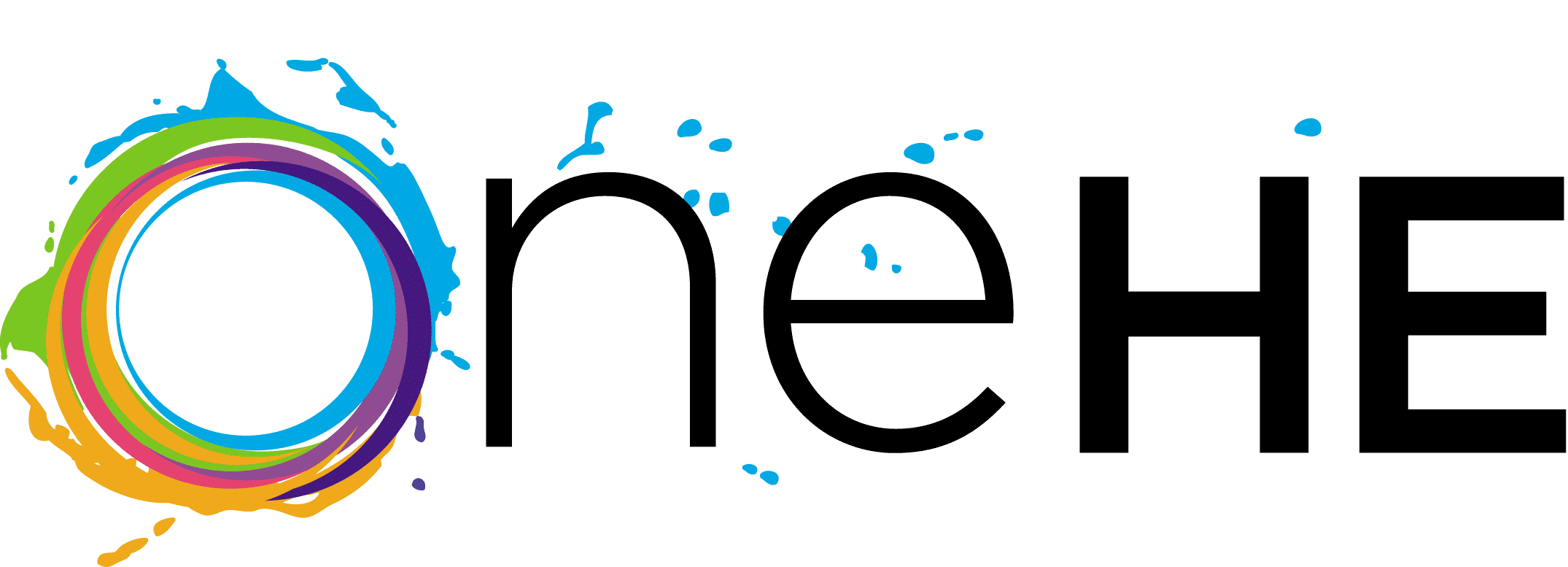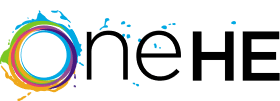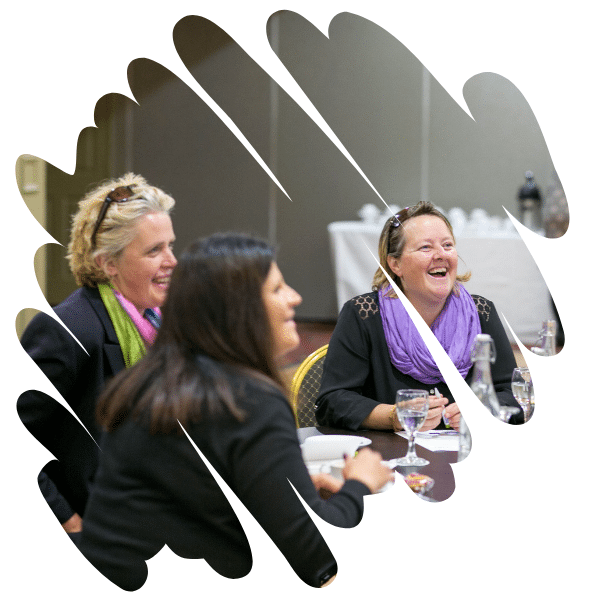“OneHE has been a great support, providing me with the tools and resources that I need to help faculty feel confident in their ability to teach online.”
Carole Brown, Chair of Faculty Teaching and Learning Center, Aims Community College, USA

Introduction
In the dynamic world of online education, faculty developers and Centers for Innovation in Teaching and Learning play a vital role in empowering educators. To support faculty in their teaching and learning journey, it is important to provide comprehensive training that combines research-based insights with practical strategies. In this blog post, we invite you to learn more about how Aims Community College in Colorado, USA, uses OneHE to equip educators with the skills to thrive in the online classroom.
Why Watch the Video
This video provides faculty developers and Centers for Innovation in Teaching and Learning with a demonstration of a replicable and scalable use of OneHE that you can apply in your own institution. OneHE complements the work of the Aims Center for Teaching and Learning by providing a wealth of research-based content and practical ideas.
What’s Inside the Video
In this video, Carole Brown, Chair of the Faculty Teaching and Learning Center, showcases the three-week online training workshop Aims has developed in partnership with OneHE. Carole shows how the workshop’s structure is complemented by OneHE to create an immersive learning experience for faculty members. Through curated content and engaging activities, faculty participants gain a deeper understanding of essential concepts in online teaching and learning.
Click here to view the video transcript
Hello, I’m Carole Brown, chair of the Faculty Teaching and Learning Center, FTLC at Aims Community College. I’m also a faculty member who teaches anatomy and physiology. I have taught courses across various modalities including in-person, synchronous, and asynchronous. In my role as FTLC chair, I’m always seeking best practices for teaching and learning.
So I’m excited that today I get to share my experience with you in preparing a three week online workshop geared for faculty at Aims who would like to teach online. Now, this workshop is entitled Engaging Online Learners and it focuses on ways to promote strategies to keep our online students engaged throughout the semester. Now, in order to be certified to teach at Aims, we offer a series of workshops for faculty that focus on course development and promoting student engagement. Now, as someone who has been teaching online for years, I know firsthand how challenging it can be to transform or transition your courses from traditional classrooms to online teaching.
To prepare our Engaging Online Learners workshop, I found great benefit to having OneHE content guide faculty through best practices for online teaching. OneHE has been a great support, providing me with the tools and resources that I need to help faculty feel confident in their ability to teach online. Now, to make the workshop engaging and motivating for our faculty participants, I partnered with OneHE and I worked with them to align the content into a Challenge Badge that matches the flow of the workshop. The curated content is designed to help faculty gain a deeper understanding of online teaching and give them the tools that they need to succeed in the online classroom.
So here you can see the Online Teaching and Learning Challenge that we have created for the purpose of this online workshop. As you can see, there are six modules that comprise this challenge and I integrated these modules into the content folders in D2L, which is our learning management system used at our institution. So let me share with you a snapshot of what this three week workshop looks like and how it utilizes the Online Teaching and Learning Challenge curated by OneHE.
During week one, we focus on being present in online teaching. Participants are encouraged to establish a strong online presence and set clear expectations for online courses. During this week, we also focus on humanizing online learning with courses aimed at building a sense of community in online courses, as well as fostering student engagement and using personalization to enhance learning. Now, I set up the workshop in a way that asks our faculty to review and work on OneHE content that’s assigned for that week. And then this is always followed by discussions to share takeaways from OneHE content and discuss practical things to try, as well as applicable strategies that they would like to implement in their own courses. Using this strategy will allow faculty to learn about the research based approaches through OneHE and then have the chance to share ideas and provide feedback to one another using a discussion platform. This is essentially how each of the three weeks is structured.
So let’s move on to week two. In this week, we divide, or we dive, excuse me, into The Community of Inquiry Framework. This framework explores social, cognitive, and teaching presence. We also look at various ways to facilitate asynchronous online discussions in order to achieve engagement and support cognitive development over distance. During this week, faculty workshop, engaging activities, and discussions based on The Community of Inquiry Framework. Our discussions are aimed at helping participants understand this framework and implement it in their online courses.
Finally, week three is focused on establishing an effective communication approach that will enrich feedback to students. We cover this OneHE module here, Improving Feedback in Asynchronous Online Courses, after which faculty develops strategies that they would like to use in their online classes in order to maximize communication with students. As I developed this workshop, OneHE really complimented this training by providing research-based content, as well as practical ideas that our faculty can implement as they receive training to teach their online courses. So after completing this workshop, faculty will now be equipped with the tools they need to succeed in the online classroom. Thank you for listening and learning more about the journey of developing an online training workshop in partner with OneHE. Thank you.
Week One: Establishing Online Presence
In the first week, faculty are encouraged to explore the importance of establishing a strong online presence and setting clear expectations for online courses. Carole shows how OneHE provides faculty members with helpful guidance and tips on how to humanize online learning, foster a sense of community, and enhance student engagement through personalization.
Week Two: Exploring the Community of Inquiry Framework
The second week focuses on the Community of Inquiry (CoI) framework, a powerful tool that explores social, cognitive, and teaching presence. Faculty can explore many resources and guides on OneHE for how to facilitate engaging asynchronous online discussions and support cognitive development. The session provides a spur for faculty to find new ways, based on the CoI framework, to enhance their online courses.
Week Three: Effective Communication for Student Success
The final week focuses on the critical role of effective communication in online education. Carole explains how the evidence-based resources provided by OneHE deepen faculty’s understanding of the range and types of interactions they can encourage to enrich feedback to students in asynchronous online courses.


